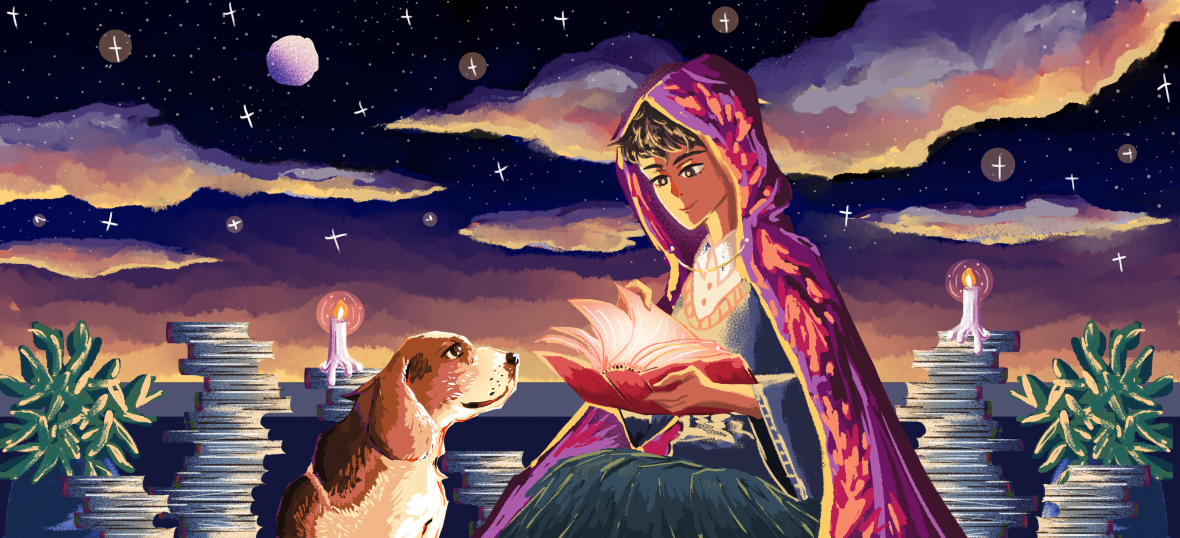Author: Marina Keegan
Rating: 2/5
Marina Keegan graduated magna cum laude from Yale University. Unfortunately, she died five days after her graduation ceremony in a car crash. This is a collection of her writing.
Spoilers ahead.
While reading, I was really confused as to how I was going to review this book. Did I want to comment on each piece Keegan had written? Did I want to give a general overview of how I felt? And I alternated quite a bit between those two mindsets, so I shall now proceed to write a bit of both.
As many others have noted on Goodreads, The Opposite of Loneliness read like the work of the top student in English class. I liked Anne Fadiman’s introduction, I thought she portrayed Keegan in a very loving manner and described the spunk Keegan contained. My expectations were set massively high and I braced myself to feel super envious of this person’s magical ability with words. To my dismay, I wasn’t overly blown away? The first essay (which is also the name of the book) was probably my favourite. I could definitely relate to the fear of losing that “web” you build at university, and I also constantly find myself reflecting on how much more productive and hardworking I was in high school. I liked that the essay was inspiring in that valedictorian-speech sort of way and it was refreshing to see Keegan’s youth shine through (which is, you’ll be happy to know, something Fadiman commented on too—that unlike many of her other students, Keegan wrote like a youngling rather than trying to sound forty).
In Cold Pastoral, I liked how real some of the descriptions felt e.g., Claire saying she automatically harbours some dislike against any woman who was thinner than her—I feel like that’s often felt but not ever articulated. Also, Claire finding Brian’s diary entries was sooo brutal. It did make me think about how many people I’d hurt if anyone published my diaries (no one publish my diaries please thank you—at least not while I’m alive lol).
I liked the concept of “dreaming backwards” versus “dreaming forwards” in Reading Aloud mainly because I tend to dream backwards and had never had it articulated like that before. I also think dreaming about the future has this undercurrent of sadness because I know things won’t ever be the way they were like when I was younger than I am now, and what I truly want will probably not come to fruition.
In The Ingenue, I thought Danny’s cheating in the game was going to be what led the protagonist to dump him–because I thought it was meant to be some sort of parallelism between Danny’s behaviour there and with the protagonist. But then they get married anyway? Was this meant to show oppression or something? Can I even read properly?
The rest of the short stories were…well, really boring to read. I was eagerly anticipating the non-fiction section because I had a hunch that Keegan was probably a better essayist. And I was right! Stability in Motion was a pretty nice essay about Keegan and her first car. I will say though that I kept getting distracted by how much trash was in her car. I’m not being mean there–Keegan states she’s got a lot of crap in there and it shows the car is well-worn and homey but I was just groaning because COME ON KEEP YOUR CAR CLEAN! But hey, I don’t have a car and perhaps I’ll end up being just as untidy.
Against the Grain was nicely written until the ending where I was like, “What was the point?” I could see where Keegan was coming from with her frustration towards her mother for coddling her and being quite uptight about the foods she got to eat (Keegan had coeliac disease). However, I felt that she seemed kind of…ungrateful? I thought the essay would end with her developing an appreciation for all the work her mother put in to make Keegan’s life easier. This one left a bitter taste in my mouth.
Even Artichokes Have Doubts was a really long read and while I thought the general points were good (working for money, not passion; going to a university like Yale and being hyped to be world-changers only to be sucked up as a cog in the system), most of it was kind of boring. Song for the Special made a funny point about how every generation thinks they’re special–which is an opinion I agree with.
I think most of the work here was far too early to publish into a book. It really is a tragedy that Keegan died so young. I have a feeling I would have liked her writing if it had been more polished.

